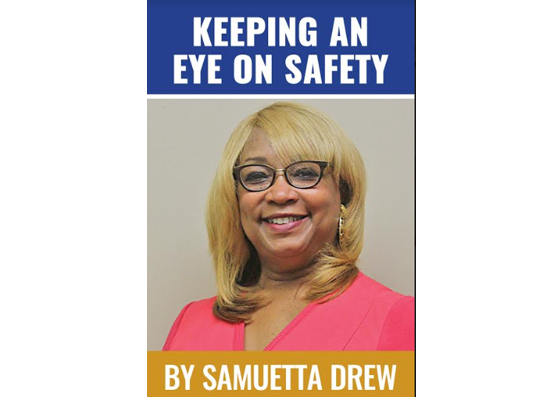By Samuetta Hill Drew
The Food and Drug Administration (FDA) authorized the first at-home COVID-19 test in 2020. The FDA called home testing an “important cornerstone” in the ongoing fight against COVID-19.
The Centers for Disease Control and Prevention (CDC) feels testing is critically important to help reduce the spread of the virus and believes COVID-19 self-tests (referred to as home tests or over the counter, OTC, tests) are one of many risk-reduction measures, along with the vaccination, masking, and physical distancing, that protect you and others by reducing the chances of spreading SARS-CoV-2, the virus that causes COVID-19.
Since the FDA authorization, the number of consumer at-home kits have grown to over a dozen. The at-home kits can be purchased generally at stores where you can purchase simple items like aspirin, vitamins such as drug stores, Walmart, Targets, etc. They can also be purchased on-line. You can use at-home tests, regardless of your vaccination status, or whether or not you have symptoms. Some tests may have age limitations.
At-home COVID-19 tests can be taken not only at home, but anywhere. They are simple to use and produce a rapid result. You read the instructions; you collect the sample (a nasal swab, usually); you then get the results and you respond according to the results. It is important that you follow the manufacturer’s instructions.
A majority of the tests provide given results within 15 minutes. Yet, there are a few which require you to ship your sample to a lab for an analysis and results, but the majority of them do not.
Some wonder when you should use COVID-19 at-home testing? If you have symptoms or had a known exposure to someone with suspected or confirmed COVID-19, then at-home testing should be used. Even if you do not have symptoms and have not been exposed to an individual with COVID-19, using an at-home test before gathering indoors with others can give you information about the risk of spreading the virus that causes COVID-19. This is especially important before gathering with unvaccinated children, older individuals, those who are immunocompromised, or individuals at risk of severe disease.
A positive test result indicates that you likely have a current infection, and you should isolate and inform close contacts. Also immediately contact your healthcare provider. The upcoming articles will further review this topic of at-home testing, so you can Keep an Eye on Safety for you, your family and loved ones.




